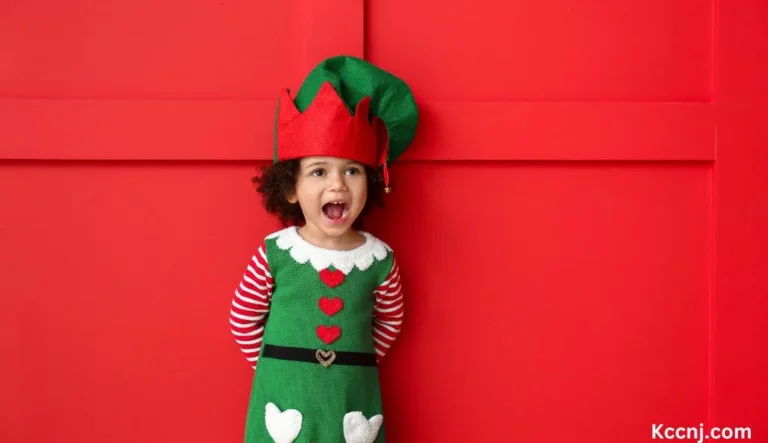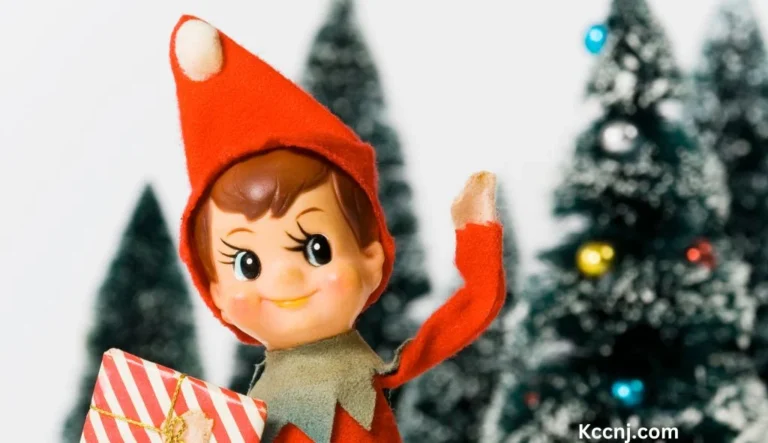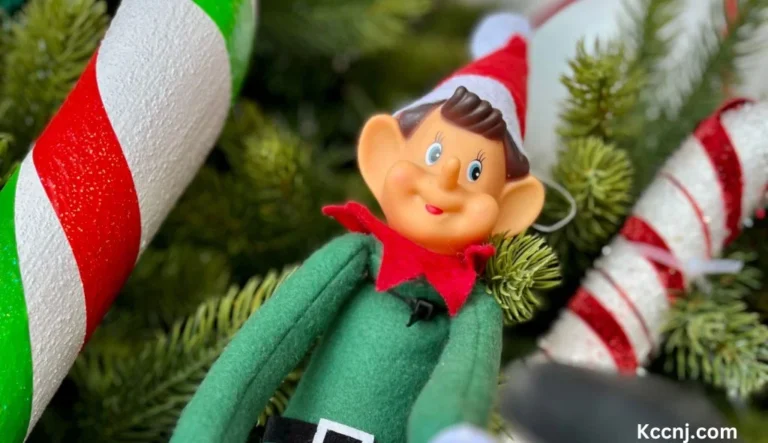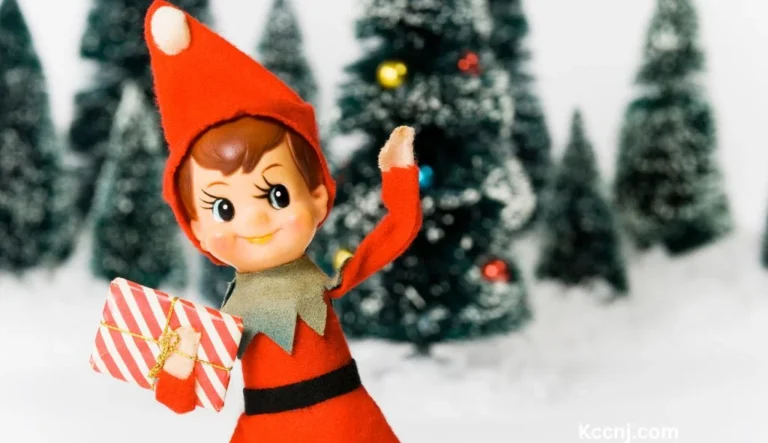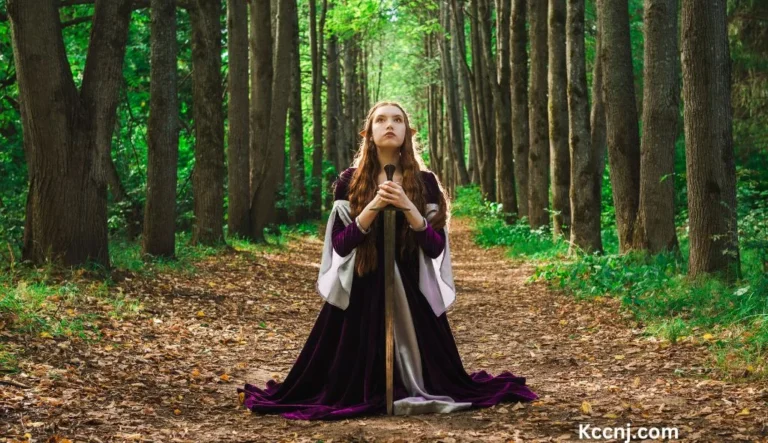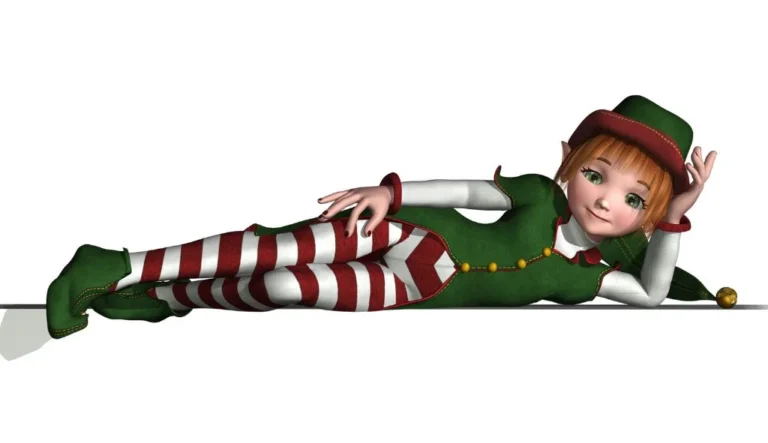Why does Elf misbehave?
Today, I want to talk about something that’s been on my mind lately: the mischievous behavior of our beloved Elf. You might be wondering, “Why does Elf misbehave?” Well, the simple answer is that the Elf’s playful antics are meant to bring joy, laughter, and a sense of wonder to our homes during the holiday season. But there’s so much more to explore about this magical little helper!
The Origins of Elf
Before we dive into the reasons behind the Elf’s mischief, let’s take a quick look at where this tradition came from.
A Family Tradition Turned Global Phenomenon
The Elf started as a family tradition created by Carol Aebersold and her daughter Chanda Bell. In 2005, they turned their personal Christmas custom into a children’s book and toy set. The story goes that Santa sends these scout elves to homes around the world to watch over children and report back to him about their behavior.
The Elf’s Mission
The Elf’s primary job is to observe children’s actions and report back to Santa each night. But somewhere along the way, families started noticing that their elves were getting into all sorts of silly situations overnight!
Why Does the Elf Misbehave?
Now, let’s explore the reasons behind our Elf’s mischievous behavior.
1. Spreading Christmas Cheer
I believe one of the main reasons our Elf friends engage in silly antics is to spread joy and laughter. The holiday season can be stressful for both kids and adults, and finding your Elf in a funny situation each morning can be a great way to start the day with a smile.
2. Encouraging Imagination
When children see their Elf in creative and unexpected places, it sparks their imagination. They might wonder:
- How did the Elf get there?
- What was the Elf thinking?
- What other adventures might the Elf have?
This encourages kids to think creatively and come up with their own stories about their magical visitor.
3. Creating Family Bonding Moments
The Elf’s mischief often becomes a topic of conversation at the breakfast table or throughout the day. Families share laughs, make predictions about what the Elf might do next, and create lasting memories together.
4. Teaching Valuable Lessons
Believe it or not, our mischievous Elf can actually help teach important life lessons:
- Responsibility: Children learn that actions have consequences, even for magical beings.
- Forgiveness: When the Elf makes mistakes, it’s an opportunity to talk about forgiveness and second chances.
- Creativity: The Elf’s antics can inspire kids to think outside the box and approach problems in new ways.
5. Maintaining the Magic of Christmas
In our modern world, it can be challenging to keep the magic of Christmas alive for children. The Elf’s nightly adventures help reinforce the idea that there’s something special and magical about this time of year.

Popular Elf Mischief Ideas
Now that we understand why our Elf friends misbehave, let’s look at some popular ways they like to cause trouble:
- Kitchen Capers: Elves love to raid the pantry or make messes with flour or sprinkles.
- Toy Time: You might find your Elf playing with your children’s toys or setting up elaborate scenes.
- Seasonal Shenanigans: Elves often get tangled in Christmas lights or hide in the tree.
- Bathroom Buffoonery: Toilet paper trails and toothpaste art are common Elf pranks.
- Frozen Follies: Some Elves like to create winter wonderlands in unexpected places.
The Impact of Elf Misbehavior on Children
As a pastor and a member of our community, I often think about how traditions like Elf affect our children. Let’s explore some of the positive and potentially challenging aspects of this holiday custom.
Positive Impacts
- Excitement and Anticipation: The daily surprises from the Elf can give children something to look forward to each morning during the holiday season.
- Encourages Good Behavior: The idea that the Elf is watching and reporting back to Santa can motivate children to be on their best behavior.
- Fosters Creativity: As mentioned earlier, the Elf’s antics can inspire children to think creatively and come up with their own ideas for mischief or fun.
- Builds Family Traditions: The shared experience of discovering the Elf’s latest adventure can become a cherished family tradition.
Potential Challenges
- Pressure on Parents: Coming up with nightly Elf scenarios can be stressful for busy parents.
- Materialism: Some critics argue that the Elf emphasizes the commercial aspects of Christmas rather than its spiritual meaning.
- Disappointment: If parents forget to move the Elf one night, it can lead to disappointment or confusion for children.
- Comparison: In the age of social media, some children might feel their Elf’s adventures aren’t as exciting as those they see online.
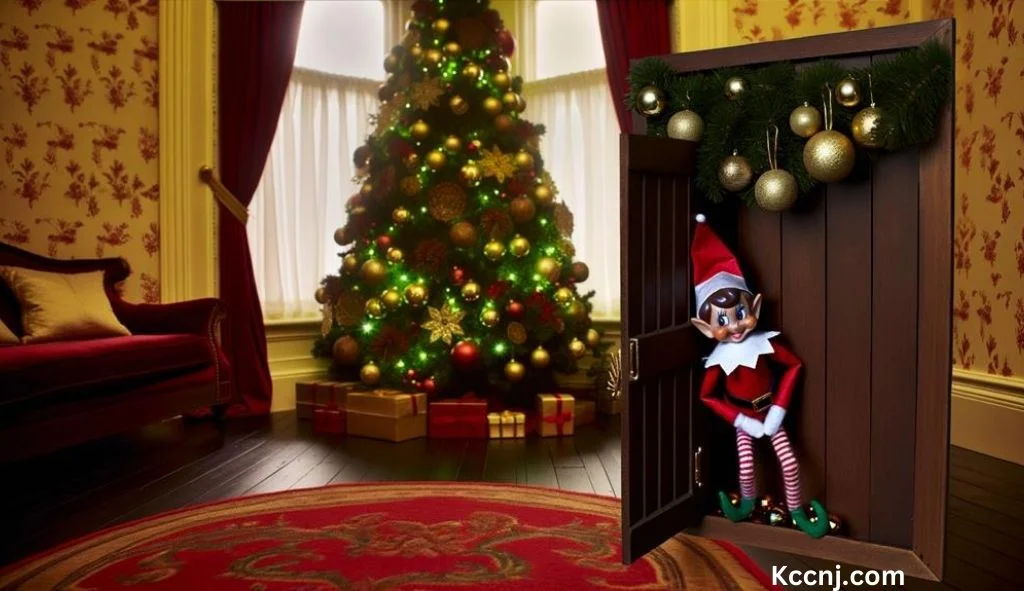
Balancing Elf Mischief with the True Meaning of Christmas
As a pastor, I believe it’s important to find a balance between the fun of holiday traditions like Elf and the deeper spiritual significance of Christmas. Here are some ways we can do that:
1. Use the Elf to Teach Kindness
Encourage your Elf to model acts of kindness. For example, you might find the Elf:
- Writing a thank-you note to a family member
- Donating toys to charity
- Leaving coins in a piggy bank for those in need
2. Incorporate Scripture
You could have your Elf “read” a Bible verse each night, focusing on passages that relate to the birth of Jesus or the importance of love and giving.
3. Emphasize the Gift of Presence
While the Elf brings gifts of laughter and surprise, use this as an opportunity to talk about the greatest gift of all – God’s presence in our lives through Jesus.
4. Create Service-Oriented Elf Activities
Have your Elf suggest ways the family can serve others during the holiday season, such as:
- Volunteering at a local food bank
- Caroling at a nursing home
- Making cards for military service members
5. Use the Elf to Illustrate Forgiveness
When the Elf makes mistakes or misbehaves, use it as a teachable moment about God’s forgiveness and grace.
The Psychological Impact of Elf
As we continue to explore this topic, it’s worth considering the psychological impact that the Elf tradition can have on children.
Positive Psychological Effects
- Enhances Emotional Intelligence: The various scenarios created with the Elf can help children identify and understand different emotions.
- Boosts Self-Regulation: The idea of being “watched” by the Elf can encourage children to think about their actions and make good choices.
- Increases Sense of Wonder: The magic associated with the Elf can nurture a child’s sense of wonder and belief in the extraordinary.
- Develops Problem-Solving Skills: Figuring out how the Elf got into certain situations can stimulate a child’s problem-solving abilities.
Potential Psychological Concerns
- Anxiety: Some children might feel anxious about being constantly watched or judged.
- Confusion About Reality: Younger children might have difficulty distinguishing between fantasy and reality.
- Dependence on External Motivation: There’s a risk that children might rely too heavily on the Elf (or the promise of presents) for motivation to behave well.
- Perfectionism: The pressure to be “good” all the time could contribute to unhealthy perfectionist tendencies in some children.
Elf and Cultural Sensitivity
As our community becomes more diverse, it’s important to consider how traditions like Elf fit into different cultural contexts.
Inclusivity Considerations
- Religious Diversity: Not all families in our community celebrate Christmas. How can we make sure non-Christian children don’t feel left out?
- Economic Factors: The Elf requires purchasing a product. How can we be sensitive to families who may not be able to afford this?
- Cultural Traditions: Some cultures have their own winter holiday traditions. How can we respect and celebrate these alongside Elf?
Adapting the Tradition
- Interfaith Dialogue: Use the Elf as a starting point to discuss different holiday traditions from around the world.
- DIY Options: Encourage families to create their own Elf-like traditions using materials they already have at home.
- Community Elf: Consider having a community Elf that visits different public spaces, so all children can participate regardless of their family’s traditions or economic situation.
Embracing the Spirit of the Season
As we wrap up our exploration of why Elf misbehaves, I want to remind us all of the bigger picture. Whether you choose to participate in this tradition or not, the holiday season is about love, joy, and coming together as a community.
The mischievous Elf, with all its silly antics, can be a tool to bring families closer, spark imagination, and create lasting memories. But it’s up to us to ensure that these fun traditions don’t overshadow the true meaning of Christmas – the birth of Jesus and the message of love and hope He brought to the world.
As your pastor, I encourage you to find ways to balance the fun and excitement of holiday traditions with moments of reflection, gratitude, and service to others. Let’s use the Elf’s mischief as a springboard for discussions about kindness, forgiveness, and the importance of family.
Remember, the greatest gift we can give during this season is not found on a shelf or hidden by an Elf – it’s the love we share with one another and the hope we bring to the world around us.
May your holiday season be filled with joy, laughter, and the true spirit of Christmas!


